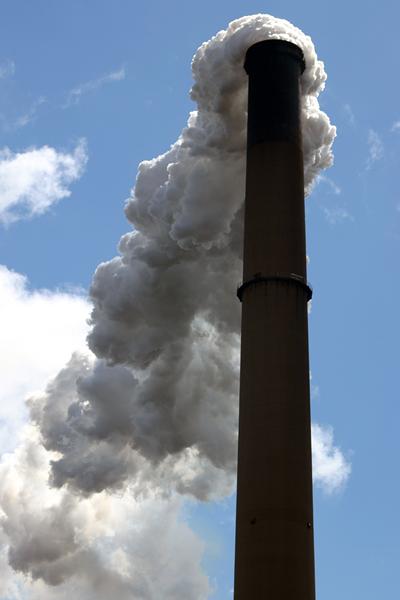Pollution analysts work in natural and urban environments to ensure pollution levels are within standards set by UK and EU legislation.

Typical work activities
- Researching to identify sources of pollution affecting people, wildlife and the environment
- Undertaking fieldwork to take measurements of pollution levels
- Analysing measurements of pollution to make recommendations on how best to reduce the pollution levels.
- Designing and evaluating waste disposal sites to reduce pollution
- Collecting of data from pollution emission measurements
- Identifying and analysing sources of pollution
- Developing research models using mathematical and physics based models
- Preparing graphs, charts and reports of findings to present
- Developing approaches for controlling pollution
- Keeping up-to-date on current pollution legislation.
This role often incorporates both desk and field based work, as well as possible lab work depending on your circumstances, background and place of employment.
Qualifications
- A BSc in Air Quality is usually required; however a relevant subject such as geography is also acceptable, particularly if you have taken modules concerning pollution and the environment.
- An MSc in Air Quality or other relevant area. Pollution analyst roles usually require a postgraduate degree on top of your bachelor’s
Work experience
Experience with modeling software is generally useful, as is a familiarity with UK legislation and policy. These could be gained through work experience or your degree.
More information
The Careers and Employability Service has more resources to help you research careers.